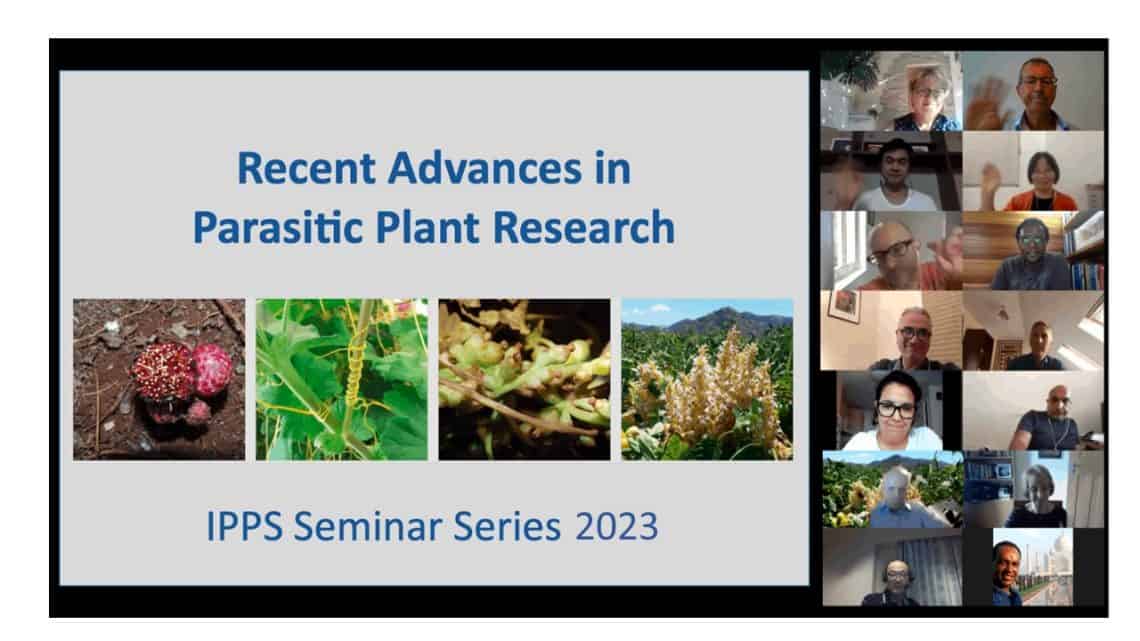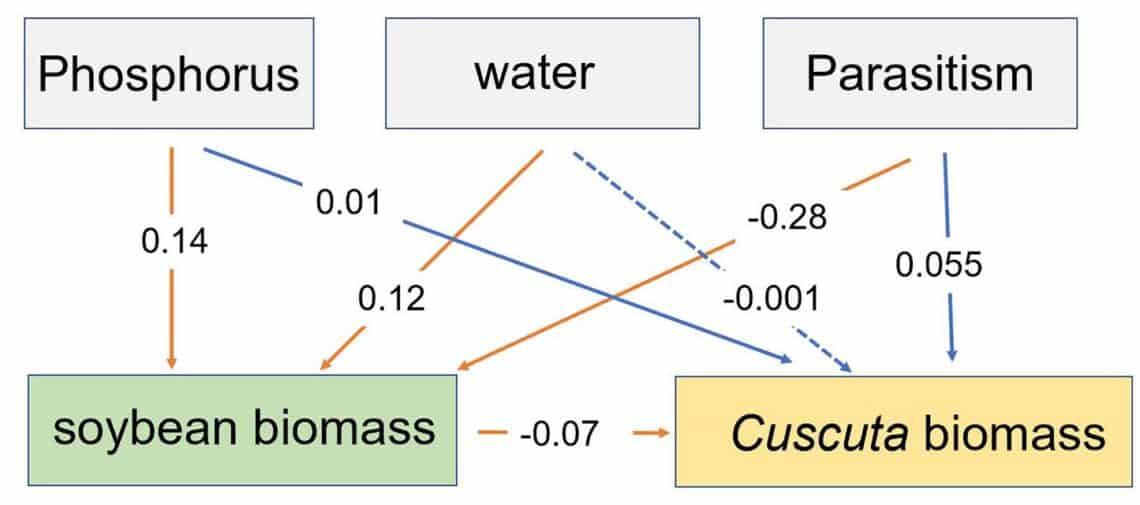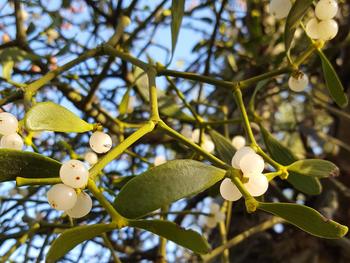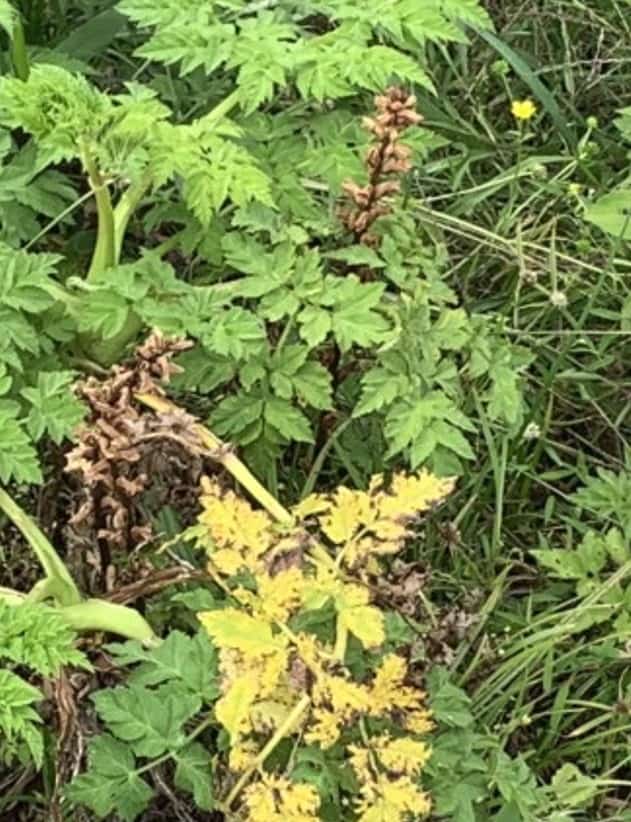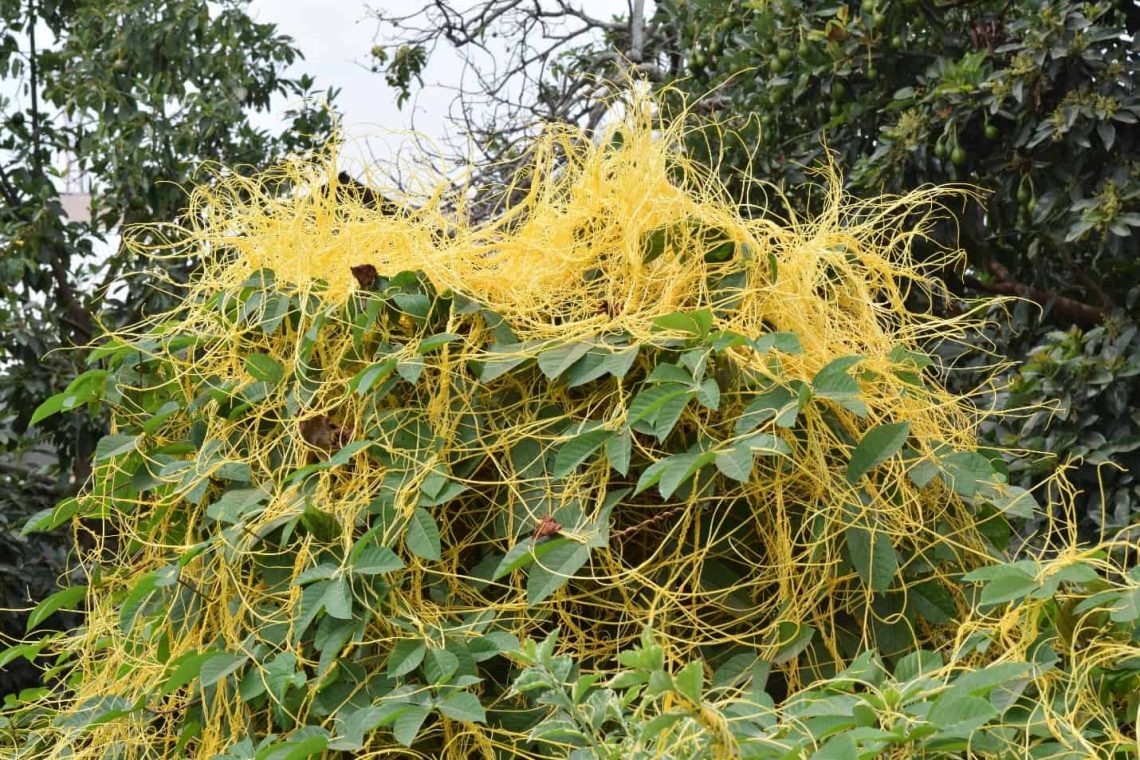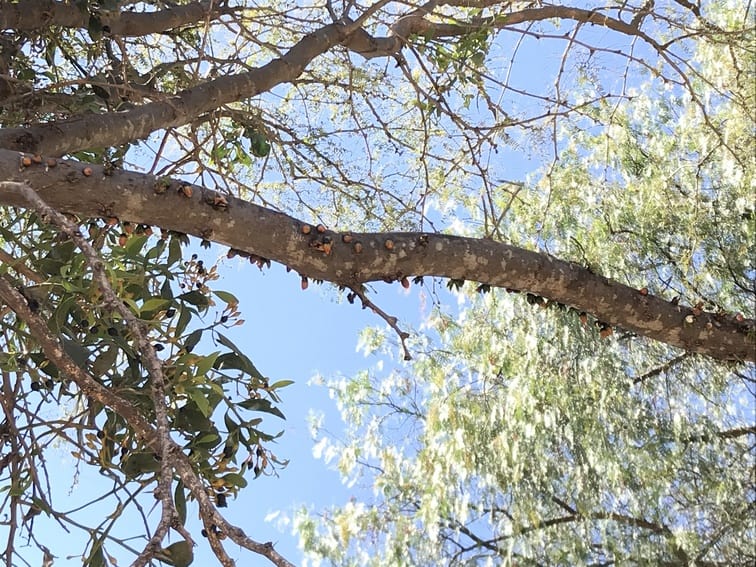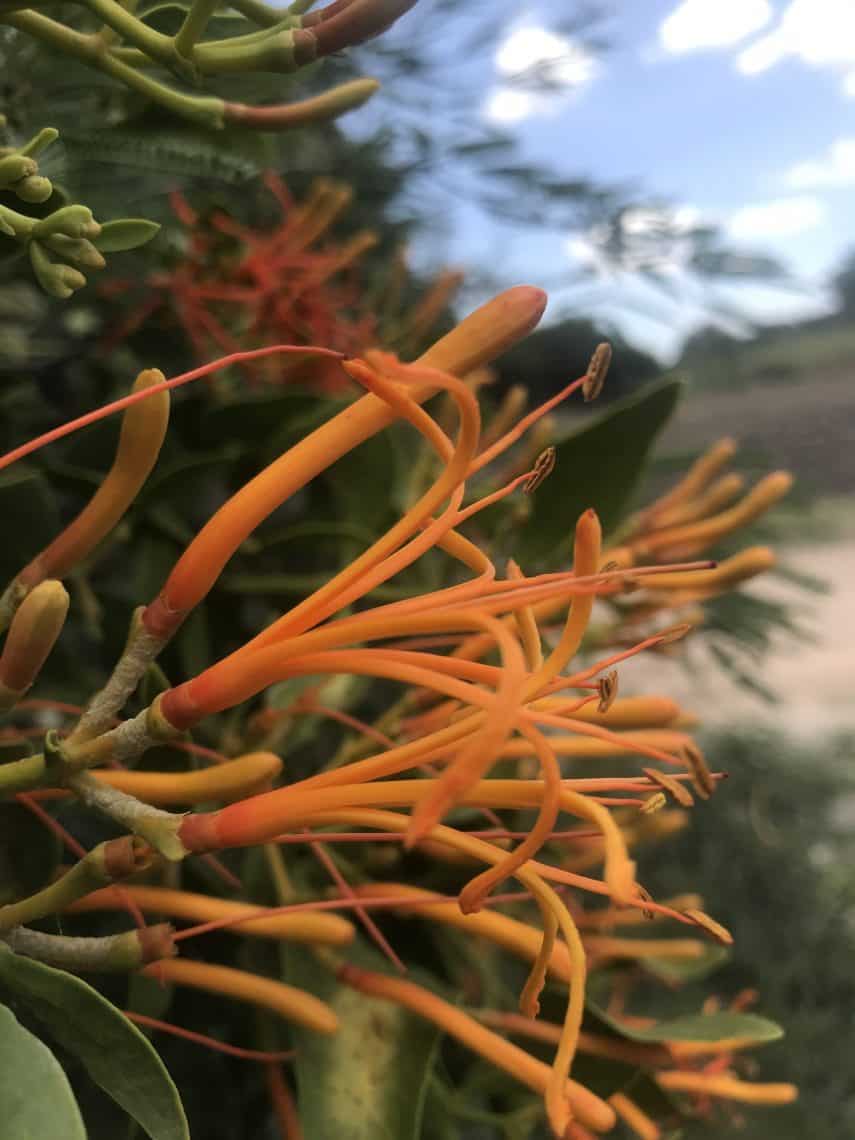James Bradley and Sylvia Mutunda The 3rd 2023 monthly IPPS seminar will be held Wednesday 7 June at 4:00 pm central European time. You can use this website for time zone conversion. The next seminar will take place on 5 July, combined with the IPPS General Assembly. On 7 June we will have the following […]
IPPS seminar June 7, 2023 at 4 PM cet
